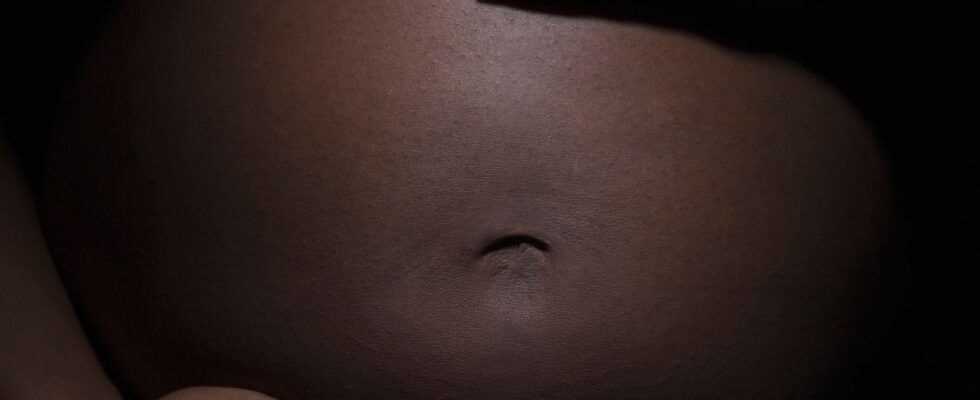A study by the World Health Organization in four countries, including Guinea, found that more than one in three women experienced some form of abuse during childbirth. Guinea then set up an action plan to put an end to this problem.
Some time ago, WHO pointed to the mistreatment suffered by women during childbirth after revealing a study carried out in Burma, Nigeria, Ghana and Guinea. In all four countries, women in maternity care can experience many forms of violence such as slaps, exams without consent, violent pressure on the abdomen but also insults and humiliation. These practices have become almost common in some establishments. In fact, more than one in three women have been exposed to violence.
Faced with this scourge, Guinea has just announced an action plan to improve the care of pregnant women. Scientists from the country then established a list of recommendations to end the violence suffered by pregnant women during childbirth. This action plan includes training in maternal care and better listening to women who will now be able to be accompanied by the person of their choice before and during childbirth. "We now have a chair next to each bed so that each woman can have the attendant she wants with her during childbirth", explains Hawa Keita, chief midwife at Ignace Deen maternity hospital in Conakry.
Teenage girls most affected by abuse, says WHO report. In Guinea, early marriage is very widespread, with almost one in two young girls becoming pregnant before their 18th birthday. Often ill-prepared for childbirth, they are abused by unqualified personnel and are not entitled to treatment to relieve the pain. "When we understood the magnitude of the problem, our team was motivated to make practical recommendations ", said Dr Mamadou Diouldé Baldé, coordinator of the Reproductive Health Research Unit in Guinea.
"All women have the right to decent and respectful health care throughout pregnancy and childbirth, without violence or discrimination.", said Dr Bernadette Dramou, WHO national administrator in conclusion.
Science Confirms You Are A Different Person After Childbirth
by Sarah Chekroun
